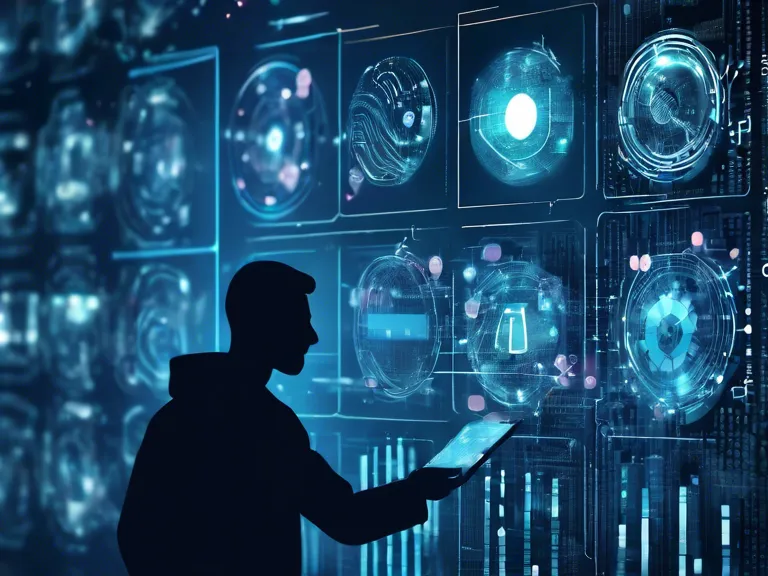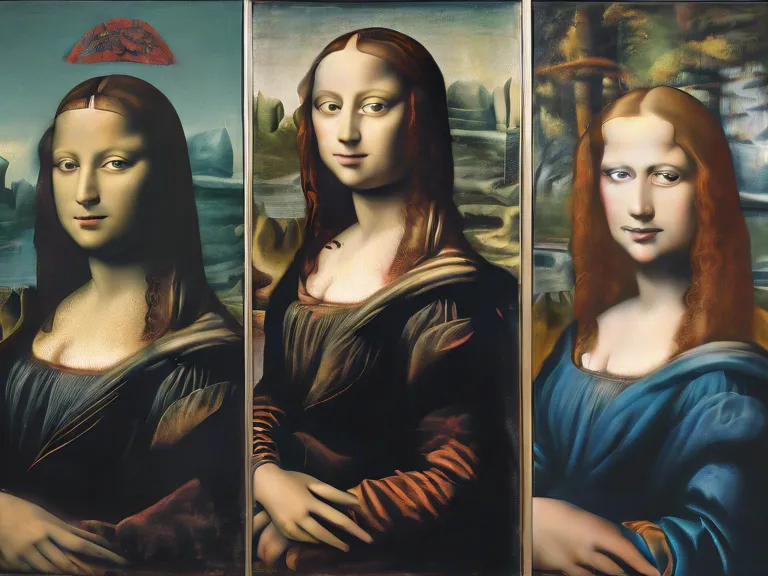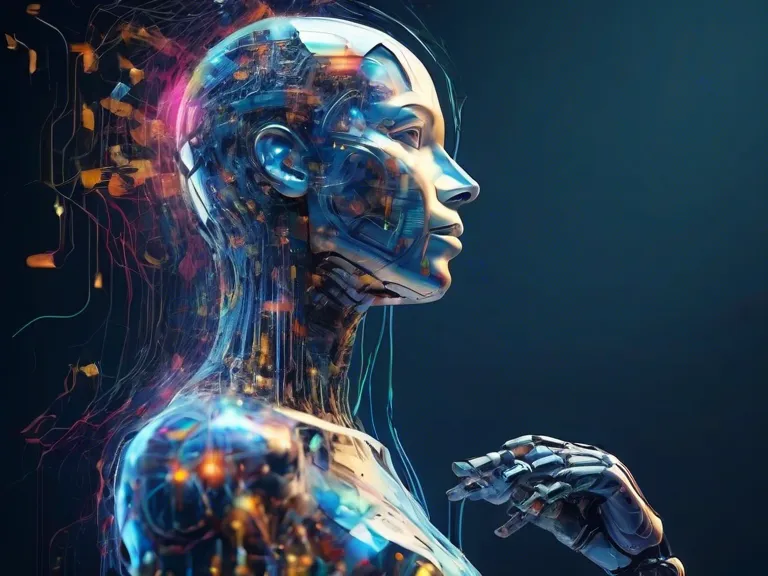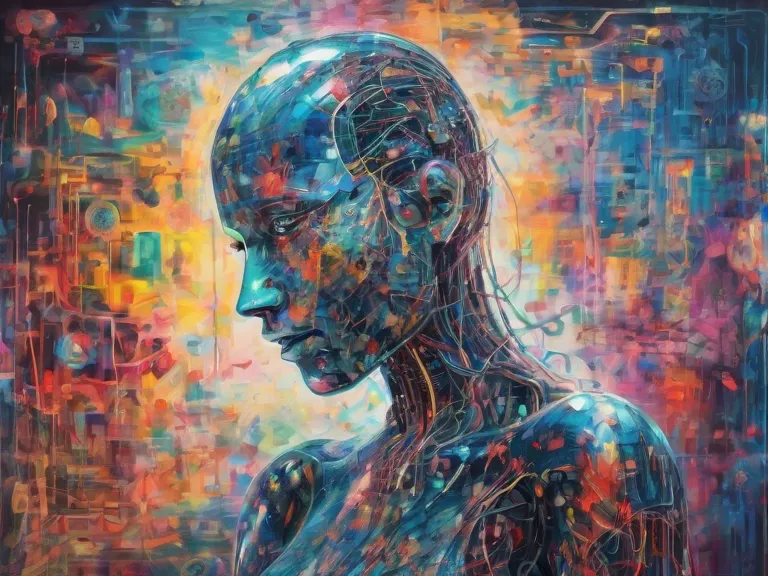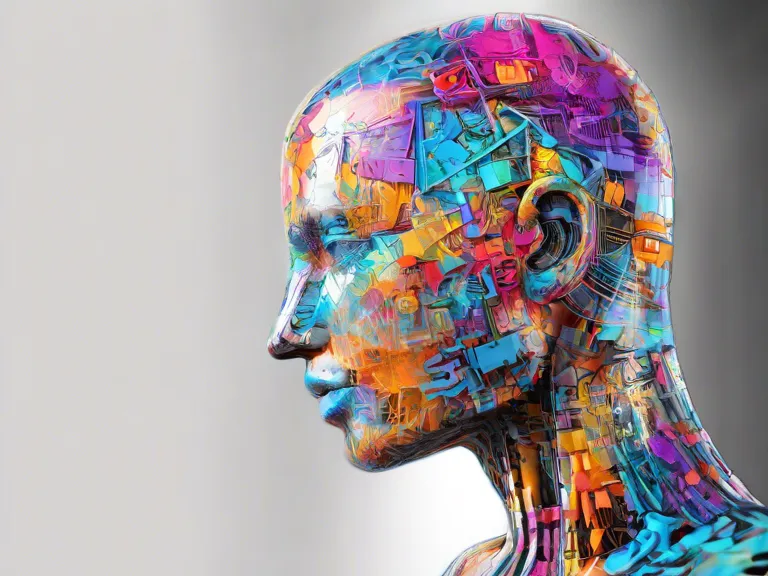
Explore the evolving role of artificial intelligence in reshaping creativity and the concept of the muse. Discover how AI is revolutionizing artistic expression and pushing the boundaries of traditional inspiration.
With the rapid advancement of technology, artificial intelligence (AI) has extended its reach into almost every aspect of human life, including the realm of art and creativity. As AI continues to showcase its potential in generating innovative and original content, questions arise about the role it plays in redefining the traditional concept of the muse in creative expression.
In the past, artists have drawn inspiration from a variety of sources, often relying on personal experiences, emotions, and the world around them to fuel their creativity. However, with the introduction of AI tools and algorithms that can analyze vast amounts of data and generate new ideas, the process of artistic creation is being revolutionized.
AI can now assist artists by providing them with new perspectives, generating unique concepts, and even aiding in the execution of their vision. From creating music compositions to generating visual artworks, AI is proving to be a valuable tool in expanding creative horizons and pushing boundaries.
But as AI continues to evolve and blur the lines between human and machine creativity, some may question the authenticity and originality of art produced with AI assistance. While AI algorithms can produce impressive works of art, there is an ongoing debate about whether they can truly replicate the depth and complexity of human emotions and experiences.
Despite the uncertainties surrounding AI's role in creative expression, one thing is clear: the boundaries of art and creativity are constantly shifting and expanding. As artists and creators continue to explore the possibilities of AI, they are redefining the traditional concept of the muse and embracing new forms of inspiration.
In this age of technological innovation, the relationship between AI and artistic expression is a fascinating and complex one. While AI may never replace the unique spark of human creativity, it is undeniably shaping the future of art and opening up new avenues for exploration and expression.
